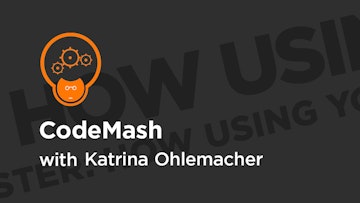
Good to know
Save this course
Activities
Career center
Quality Assurance Analyst
Software Engineer
User Experience Designer
Product Manager
Technical Writer
Customer Success Manager
Technical Communicator
UX Writer
Content Strategist
Scrum Master
Project Manager
Documentation Specialist
Business Analyst
IT Consultant
Instructional Designer
Reading list
Share
Similar courses
OpenCourser helps millions of learners each year. People visit us to learn workspace skills, ace their exams, and nurture their curiosity.
Our extensive catalog contains over 50,000 courses and twice as many books. Browse by search, by topic, or even by career interests. We'll match you to the right resources quickly.
Find this site helpful? Tell a friend about us.
We're supported by our community of learners. When you purchase or subscribe to courses and programs or purchase books, we may earn a commission from our partners.
Your purchases help us maintain our catalog and keep our servers humming without ads.
Thank you for supporting OpenCourser.


